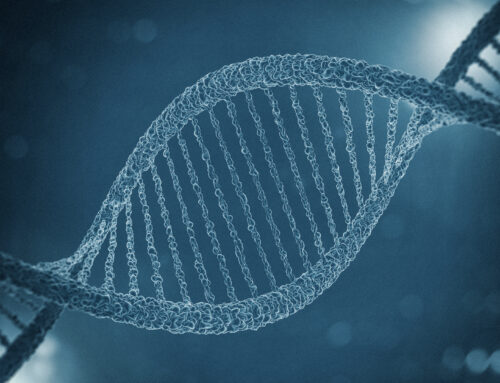
In honor of November as Family Health History month, the Sarnoff Center and partner organizations are sharing information about certain health conditions that may run in families, and how to talk to your relatives about those conditions.
You’re at Thanksgiving dinner and you notice that your niece Hannah is different. You go through your mental checklist of signs and symptoms of depression, and she seems to be exhibiting five: irritable mood (she’s snapping at everyone); sense of worthlessness, guilt, or hopelessness (she’s refusing to apply to college); changes in diet, weight, or sleeping habits (she looks gaunt); loss of interest in favorite activities (she quit the basketball team); isolation from family and friends (she’s ignoring her cousins). If those symptoms are ongoing, the probably indicate depression – whether or not she also has other symptoms such as an inability to focus, inability to make decisions, lack of energy, increased use of drugs and alcohol, and suicidal thoughts.
A 2015 study by the Jewish United Fund’s Research Training Institute found that more than 25% of Chicago-area Jewish teenaged girls experience depression, and 75% of respondents reported knowing a teenage girl with a history of depression. Depression is also prevalent among boys and adults.
Depression often runs in families, with evidence pointing to a genetic predisposition, sometimes triggered by environmental factors such as childhood abuse. Although scientists have not identified a single chromosome or a specific combination of genetics and circumstances, studies of twins and of adopted children have shown 40-50% heritability (Source: Stanford Medicine).
Miriam Ament, who was hospitalized for depression in her late twenties and early thirties, has converted her depression from a paralyzing problem to a catalyzing condition. After a decade of shame and fear, in part due to the unsympathetic reaction of a close friend, Miriam created No Shame On U, a nonprofit dedicated to eliminating the stigma and normalizing conversation surrounding mental health in the Jewish community and beyond.
No Shame On U empowers family and friends with tips for approaching someone who has symptoms of depression. For example:
- Do not tell the person to “snap out of it”
- Do not downplay the depression or say others have worse problems
- Listen, be supportive, and affirm the person’s worth
- Assure the person that this is not his/her fault
- Offer to help the person connect with a qualified professional
- If the person displays warning signs of suicide, encourage him/her to seek help, or find someone who can provide it
In addition, No Shame On U recommends programs such as Mental Health First Aid, a carefully designed curriculum that can help your family notice and respond in the best possible manner if your niece Hannah – or any other relative or friend – is struggling with depression.
Thanksgiving is a great time to be with family. While genes may predispose people to have depression, the good news is that knowing how to spot symptoms and how to be supportive can also run in families – through good habits of attention and mindful response. Relatives who have open conversations about their family’s mental health history increase the chances of early detection, diagnosis, and treatment and, in doing so, make life better for their loved ones and for themselves.
You can learn more about family health history and find tools to capture yours here. If you have additional questions about genetic health conditions or family health history, please contact the Sarnoff Center at (312) 357-4718 or JewishGenetics@juf.org and ask to speak to our genetic counselor. For more information about depression and other mental health conditions, you can contact No Shame on U at http://www.noshameonu.org/.


